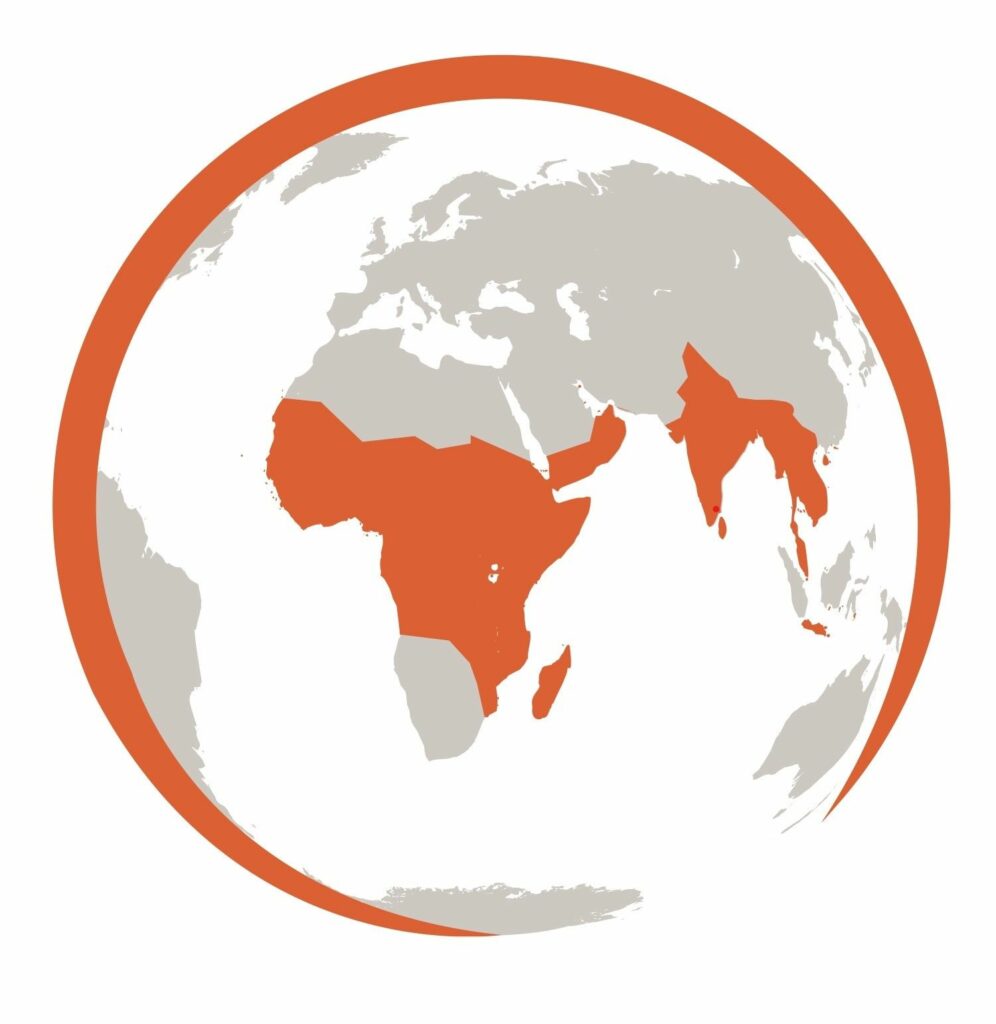Funders
The Global Fund to Fight AIDS Tuberculosis and Malaria
Location
Sudan
Dates
2019

As part of national efforts to curb and eliminate malaria, the Sudan Malaria Control Programme conducted insecticide-treated net (ITN) distribution campaigns along with social and behavioural change communication activities. It followed up with monitoring questionnaires using U.S. President’s Malaria Initiative standard surveys.
The Global Fund, through the Technical Evaluation Reference Group, commissioned Tropical Health to compile and analyse the data and present the results regarding bed net use in order to inform future programming, especially social and behavioural change communication activities.
Tropical Health evaluated and analysed data regarding the access to and use of bed nets in four regions of Sudan. Tropical Health cleaned and labelled the data, then calculated key insecticide-treated net indicators by site and other demographics, and compiled and analysed social and behavioural change indicators.
Tropical Health delivered a set of 68 slides with graphs of the data including such indicators as: net use by age and gender; reasons for failure to use nets; preferred language and media to receive information about nets; exposure to, and recall of messages; tendencies regarding repair and care of nets.
Tropical Health found, for example, that nearly 100% of respondents had positive attitudes about the effectiveness of nets. The survey showed that the preferred sources of information were radio and health workers, which matched the largest source of messages, but exposure in the six months prior to the survey was fairly low, at 38%. While 98% of households reported owning at least one net, and 91% of nets were in good condition, on average just 37% of households reported using the nets the previous night. In some regions nets were not used in hot weather due to lower perceived risk. The programme is expected to use this data analysis to inform future behaviour change communication programming.
Global Fund / Nigeria National Malaria Elimination Programme
Nigeria
2023 - 2024
Sightsavers, Ghana Somubi Dwumadie (FCDO)
Ghana
2022-2023
Global Fund MOSASWA (Mozambique, South Africa and Swaziland) region
Mozambique
2022-2023